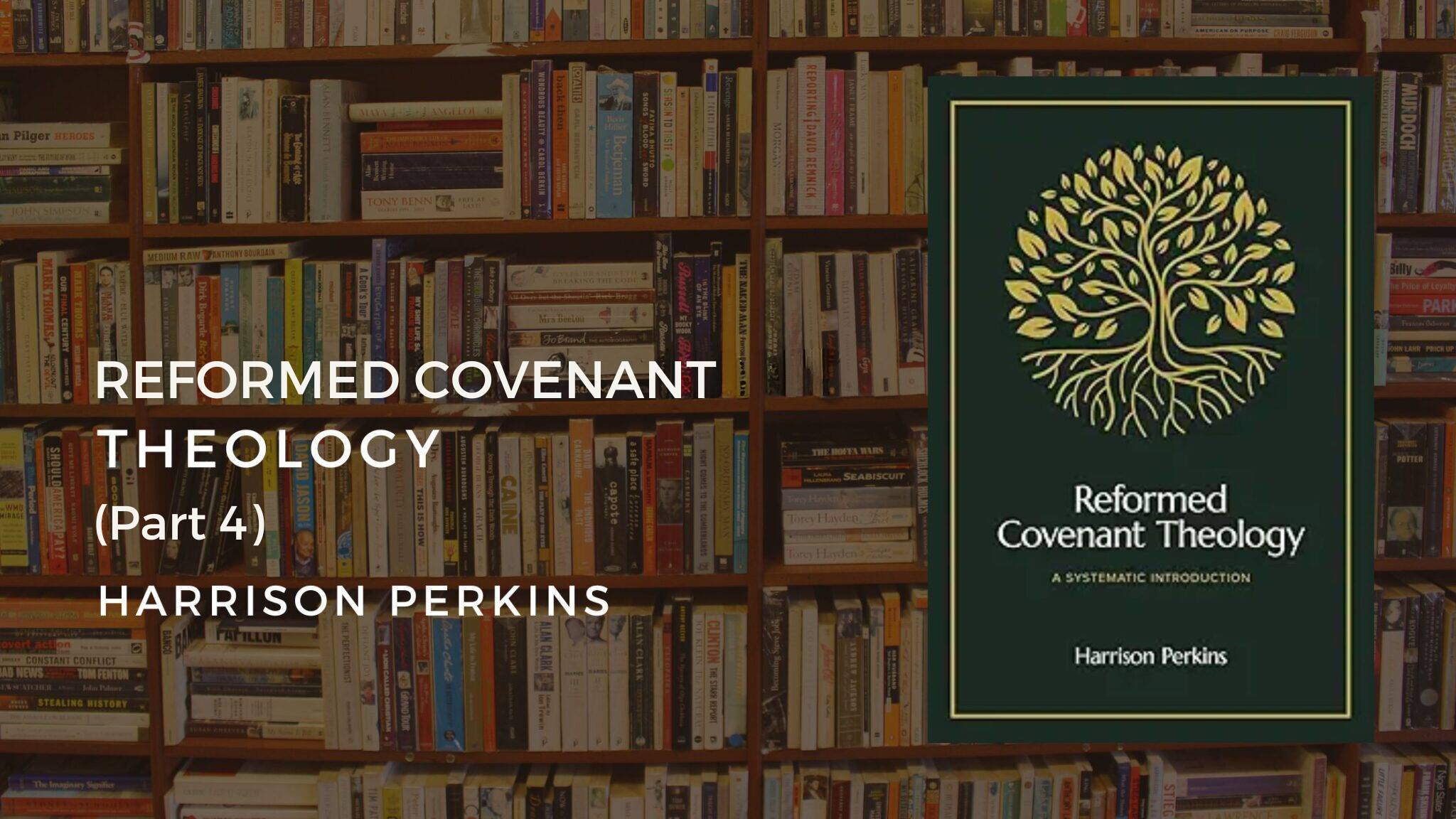When we cross over from the OT into the NT we might think that we ought to expect a very clear continuity. After all the OT, particularly the covenants and the Prophets have led us to expect a great future for the nation of Israel. Even though that people had gone and done their own thing, we would think that God would stick with His covenants and promises to that nation and bring them to Himself. We would also expect to see the arrival of the Messiah, the One whom Israel was expecting. Israel would finally have peace and prosperity under the protection of their Christ. They would be able to trust in Him to reign over them, and they could look to Him for blessing and guidance.
And as we enter the NT through the doors of the Synoptic Gospels this picture doesn’t seem to be upset; this indeed is the track that we appear to be on. Matthew, of course, starts off with a genealogy of the King[1], and includes a number of announcements in the early chapters of his biographical narrative that encourage the reader to believe that with the coming into the world of Jesus, the promised Kingdom was “at hand.” Likewise, in Luke’s Gospel in the early chapters there is a very heavy emphasis on the King. Yet when we get to the end of these Gospels, the ground seems to have shifted under our feet. No longer are we primed to think that the Kingdom is just around the corner. Jesus is rejected and murdered, after being resurrected in glory and ascending to Heaven God seems to work in a new way, through a fairly innocuous yet strong band of Jesus’ former disciples and the descent of the Holy Spirit at Pentecost in Acts chapter 2.[2] We move into the time of the Church and the formation of the Body of Christ, the Pauline literature which focuses mainly on the “new man” the Church, which is composed of both Jew and Gentile, although the further away we move from the time of Christ the more Gentile dominated the Church becomes, so that by the end of the NT (and the first Century A.D.) the complexion of the people of God looks very different than what one would have expected after studying the Law and the Prophets.
The focus of the NT from the Acts of the Apostles on has gone away from the nation of Israel and has moved onto the Church. No more, we might be tempted to believe, is the focus of God where it was in the OT covenants: no more are the writers of the new Scripture concerned with things like land and kingship and national prosperity – distinguishing marks of Israel’s covenants, instead the emphasis shifts toward a multiethnic group of Jews and Gentiles – the Ecclesia or Church.
What has happened? The answer to that question depends upon who you read and who you listen to. The answer comes back from one quarter that God may have moved unexpectantly from what He said in the OT covenants, but He still moved in continuity with those covenants, or at least not in contradiction of them properly understood. God has now realized what He predicted in the OT, but He has realized it in an unforeseen way in Jesus Christ and through the Church, so that the OT expectations of land and throne and temple were not the actual concrete things that Yahweh had in mind when He made those covenants; they were in fact types and shadows of the realities uncovered for us in the latter NT. These are seen as greater realities than what was expected. Another set of experts will say that tell us that this Church has always existed, first as believers in OT Israel, and now in this Gentile/Jew people group. In other words, the Church has always existed, only now it has been expanded beyond Israel. Both of these outlooks take the position that the Church is now the “true Israel,” because the Church is “in Christ” and Jesus Christ is the real Israel.
We shall look at the proposals of these schools of interpretation. They deserve a respectful hearing. But I think it will become clear that not only do they not take the covenant agenda of the OT seriously, but they fail to understand what is going on in the NT as well; at least as concerns the Big Picture.[3]
A larger problem with these approaches is a little more sensitive to explain, and may savor of impoliteness. However, I see no way around the issue other than to face it head on. The problem that looms in front of us (or ought to) is that the covenant making God of the OT; the God who hates covenant-breakers, is seen as a God who simply does not mean what He says even when He swears by Himself to do something. You see, the trouble is not that the God who over and over again raises particular expectations in His covenants is not believed, it is that this God who supposedly fulfils these oaths in totally unforeseen and unforeseeable ways in the NT is telling us to believe Him now. But what exactly are the pious to believe? What expectations, raised by the wording of the NT, are fixed as to their meaning and which expectations may undergo radical unforeseeable transformation in the eschaton?
How are these experts going to assure us that they have it right when they employ spiritualization, typology, and such to reinterpret the OT covenants, and seem happy to use the same tools on any unyielding prophecy in the NT? I spent much time in the previous book trying to prove that God’s covenants do not and in fact cannot change; a plain fact that the NT itself is at pains to underscore (See Gal. 3:15; Heb. 6:13-18).
It is worth it here to remind ourselves of Yahweh’s own final presentation of Himself in the OT. After the prediction of the coming of the “Messenger of the covenant” (Mal. 3:1-2), who comes to “purify the sons of Levi” (Mal. 3:3), so that they offer righteous offerings to God on behalf of Israel (Mal. 3:3-4), when God comes in judgment (Mal. 3:2, 5), what do we read on the back of these promises?
“For I am the LORD, I do not change;
Therefore you are not consumed, O sons of Jacob.” – Malachi 3:6
The hope of the realization of these things is squarely based upon the character of God. In sum, because He does not change, and He it is who speaks thus to Israel, the nation has survived and will survive. The “change” (shanah) in God is not possible, ergo a change in His covenant promises is not possible. There can be no un-prespecified “transformation” of the oaths of Yahweh.
[1] Matthew divides his genealogy into three distinct periods: Abraham to David, David to the Exile, and the Exile to Jesus. The reason this is worth mentioning is because here an inspired writer sets out several epochs, none of which comport with the traditional dispensations of Dispensationalists.
[2] The sense of expectation lingers until at least Acts 2 and 3.
[3] The Big Picture is, of course, Creation. We are all prone to overlook the obvious, and the most obvious fact about us is that we live within God’s created order. It is impossible for us to think without reference to it. The Lord is at work in creation and every other concept in the Bible pays its dues to it. This grand “theme” of Creation is what in Volume One I called ‘The Creation Project.’


10 comments On Two Testaments, But One Bible
Reblogged this on Talmidimblogging.
Quote: “God has now realized what He predicted in the OT, but He has realized it in an unforeseen way in Jesus Christ and through the Church, so that the OT expectations of land and throne and temple were not the actual concrete things that Yahweh had in mind when He made those covenants; they were in fact types and shadows of the realities uncovered for us in the latter NT.”
That was the point made by an amil pastor in a recent sermon I listened to. It was an otherwise great sermon and then that! I feel that these pastors are reading themselves (Motyer, Goldingay etc) only. They’re not doing the hard exegetical work for themselves. They’d have to depart from their own tradition if they did. In the case of the pastor he’s often stated that he once (when young) had an interest in (pop) prophecy but eventually saw the light. I suspect his issue was that he was only informed by lower hanging fruit and missed the light.
As Dan Phillips has observed, it’s cool to be amil.
Can’t wait for the book, Paul. Make sure there are reasonably wide margins for notes 😉
Speaking of the book, any updates on publishing time Dr. Henebury?
Funny you should ask Michael. I have signed with Xulon Press and the book should be coming out in about two months.
Pingback: Dos Testamentos, Pero Una Biblia « ()
As one who trusts Christ will never leave me or forsake me due to His impeccable character how can I rely on that promise if the dozens of times directly and indirectly Elohim made references to His promises to Israel? And they are fake?
Just asking’
Doug,
A person who holds to transforming covenants will say that God intended what has come about in the Church is what He always intended. Of course, that utterly shatters the reliability of God’s words. If God didn’t tell us what He meant in the OT why think He has told us what He meant in the NT?
Excellent, I look forward to it. Thank you Dr. Henebury.
God means what he says!
I like the insightful comment in footnote 1.
Am I wrong in deducing that this is from volume II and is not the book that is coming out presently, Vol. 1? If so, what’s the timeline for Vol. 2?
Thanks 🧐
Hi Ron,
Yes, these posts are from drafts of Volume 2, ‘The Words of the Covenant: New Testament Continuity’ which I am slaving away at.
The plan I am working with is to write the ‘basic’ book with certain interactions & footnotes, then return to it with more intensive interactions with CT, NCT, and the work of selected scholars like N.T. Wright, J.D.G Dunn, R. Hays, etc.
I am midway through Matthew at present, with a long way to go (I did Luke first because of his emphasis on the K of G). Mark and John will comprise a single chapter.
I hope to have the first draft done by the end of 2022, with the final manuscript completed mid 2023. We’ll see.